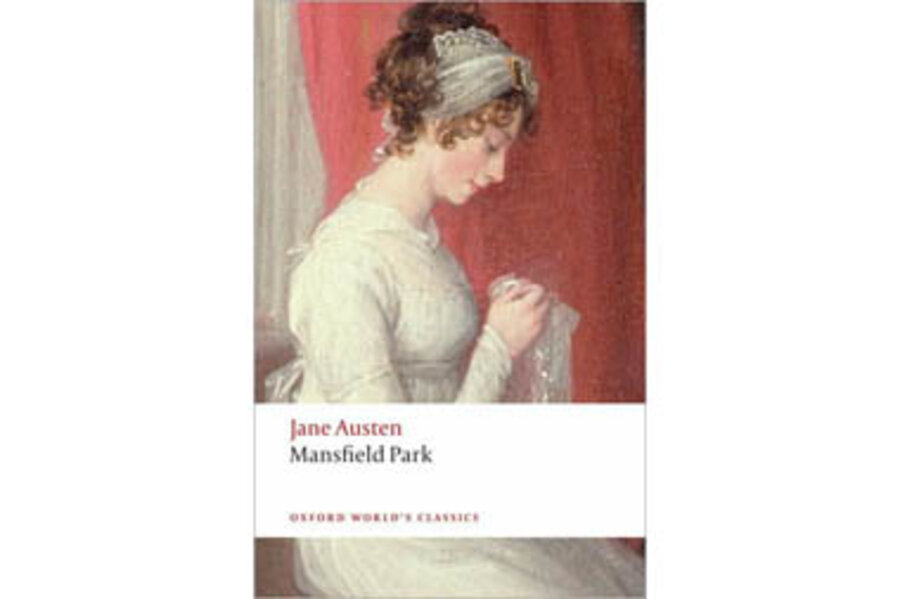Around the time that Deresiewicz reread "Mansfield Park," he became acquainted through a mutual friend with a group of wealthy people, by whom he says he was at first dazzped. "I stayed on the edges, gazed at the women, and tried to pay for my keep with witty remarks," he wrote. He never felt that he belonged, but he was fascinated. After the mutual friend married his wealthy, well-connected girlfriend, someone remarked to Deresiewicz, "He got what he wanted. He's on the inside. He's been working on this for years." Deresiewicz began to wonder if the group, and his own friend, were really as fascinating as he'd thought them at first, especially as he came to realize how badly they sometimes treated people. They reminded him of the aristocrats, Henry and Mary Crawford, in "Mansfield Park" who are wealthy and seem to be kind at some portions of the novel, but are really vain and superficial. "I had fallen, I realized, for the oldest myth in the book," Deresiewicz wrote of reading "Mansfield Park." "The idea that upper-class people are all urbane and cultured and intellectually sophisticated... fat wallets and interesting thoughts have no particular connection." Reading "Mansfield Park" and seeing a negative example of how to treat people and behave well in some of his friends prodded Deresiewicz to make an effort to be considerate of others.
 Mark Sappenfield
Mark Sappenfield
Dear Reader,
About a year ago, I happened upon this statement about the Monitor in the Harvard Business Review – under the charming heading of “do things that don’t interest you”:
“Many things that end up” being meaningful, writes social scientist Joseph Grenny, “have come from conference workshops, articles, or online videos that began as a chore and ended with an insight. My work in Kenya, for example, was heavily influenced by a Christian Science Monitor article I had forced myself to read 10 years earlier. Sometimes, we call things ‘boring’ simply because they lie outside the box we are currently in.”
If you were to come up with a punchline to a joke about the Monitor, that would probably be it. We’re seen as being global, fair, insightful, and perhaps a bit too earnest. We’re the bran muffin of journalism.
But you know what? We change lives. And I’m going to argue that we change lives precisely because we force open that too-small box that most human beings think they live in.
The Monitor is a peculiar little publication that’s hard for the world to figure out. We’re run by a church, but we’re not only for church members and we’re not about converting people. We’re known as being fair even as the world becomes as polarized as at any time since the newspaper’s founding in 1908.
We have a mission beyond circulation, we want to bridge divides. We’re about kicking down the door of thought everywhere and saying, “You are bigger and more capable than you realize. And we can prove it.”
If you’re looking for bran muffin journalism, you can subscribe to the Monitor for $15. You’ll get the Monitor Weekly magazine, the Monitor Daily email, and unlimited access to CSMonitor.com.






